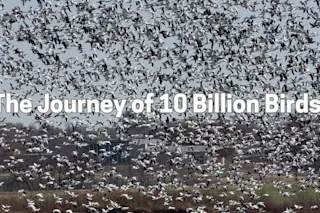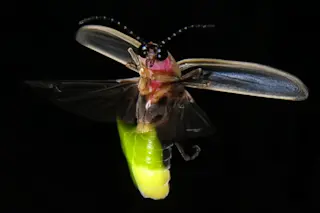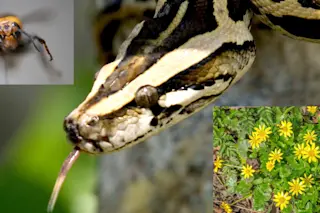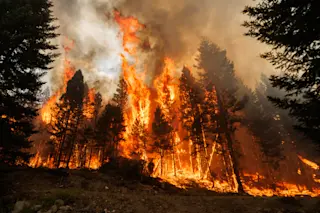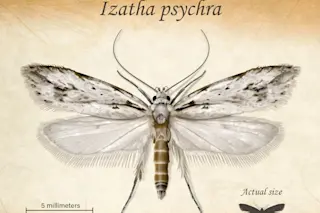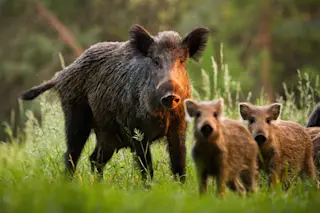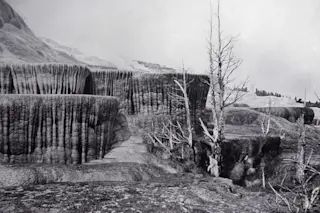As a child of the suburbs, my first real contact with raw nature was in 5th grade, when a friend and I built a treehouse in the woods behind the apartment complex we lived in. (This was a two-year pit stop after my parent's divorce.) No adults helped us. It was pretty awesome. I used to roam around a lot in these overgrown woods and soon found a shortcut to the nearest 7/11 (total travel time: 20 minutes), where I picked up baseball cards and the latest Jonah Hex and and Swamp Thing comic books. Being a latch-key kid had its upsides. I don't recall ever stopping to smell the proverbial roses in my newly discovered jungle, but I do remember pulling plenty of thorns and ticks off myself in the summertime. (This was pre-Lymes disease.) During this period of my life--and like a lot of non-city kids in the ...
Ecologies of the Mind
Explore the journey of a child of the suburbs discovering nature and its deeper meanings through influential eco-philosophers.
More on Discover
Stay Curious
SubscribeTo The Magazine
Save up to 40% off the cover price when you subscribe to Discover magazine.
Subscribe

